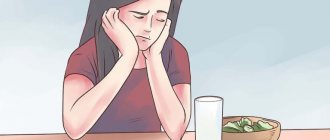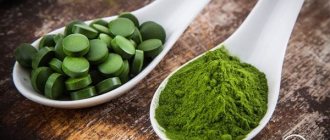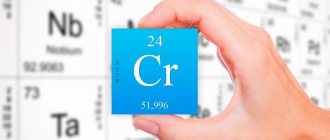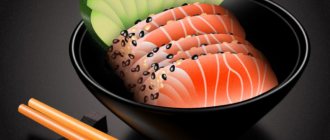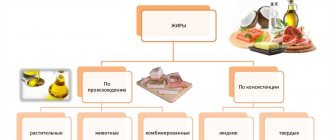Do you have enough zinc in your diet?
It's time to think about it. Vitamins and minerals are essential for maintaining overall health. This mineral is undeservedly given little attention. Although the body needs this mineral in small quantities, it is nevertheless needed to maintain a proper sense of smell, build a healthy immune system that will be able to produce enzymes at the right time, and for the formation of DNA. It is good for vision, taste, hair and skin health. It is believed to improve testosterone production in men, reduce PMS symptoms in women, and improve the health of children in the womb. Zinc deficiency causes diarrhea, impotence, loss of appetite, hair loss, eye and skin damage, reduced immunity and slow growth. To prevent zinc deficiency and increase your intake, you need to include foods rich in this valuable mineral in your diet.
We will learn more about this and more from this article.
Why is zinc so important?
The right question at the right time. Because why know about all these foods without knowing the importance of this mineral?
Zinc is a trace element that can be found in cells throughout the body. Zinc is needed for optimal immune function. Thanks to it, a person can use his sense of smell and taste buds.
Zinc is involved in the production of about 100 types of enzymes in the human body. It acts as an antioxidant and neutralizes the effects of free radicals, preventing the development of cancer. It also stimulates blood production in the body and promotes the synthesis of collagen, which is needed for wound healing.
Zinc is a must-have in the diet of pregnant and nursing mothers and is extremely important for infants and children for growth and proper development.
Maybe this is just another microelement that your doctor forgot to mention, but without a sufficient amount of it, illnesses will not take long to occur.
Recommended daily intake of zinc for people of different ages and genders
| AGE | MEN | WOMEN | PREGNANCY | LACTATION |
| 0-6 months | 2 mg* | 2 mg* | ||
| 7-12 months | 3 mg | 3 mg | ||
| 1-3 years | 3 mg | 3 mg | ||
| 4-8 years | 5 mg | 5 mg | ||
| 9-13 years | 8 mg | 8 mg | ||
| 14-18 years old | 11 mg | 9 mg | 12 mg | |
| 19+ years | 11-14 mg | 9-13 mg | 12-14 mg | 14 mg |
*Adequate intake
Almost 90% of the zinc in the body is found in bones and muscles. The recommended daily intake of zinc is 15 mg. It is not difficult to achieve, since this mineral is found in large quantities in a variety of foods. Below is a list of foods high in zinc. So, what does it contain?
Signs of Zinc Deficiency
The following signs indicate that the body is not receiving enough zinc in the required quantities:
- Weak immunity. Frequent colds and various infections are not uncommon for you.
- Zinc blocks the release of histamines into the blood. If it is not enough, then the person has symptoms of an allergic reaction, such as itching, sneezing and runny nose.
- Sleep disorders . Zinc plays an important role in the production and regulation of melatonin, the sleep hormone. Without enough melatonin and zinc in the body, you can forget about healthy sleep.
- Hair loss. When thyroid hormone levels are low, the body is unable to absorb zinc. This causes hair loss.
- Attention disorders. There is a relationship between low urinary zinc levels and hyperactivity.
- Poor skin condition. 6% of the total zinc in the body is found in the skin. Scientists suggest that the cause of acne is a deficiency of zinc in the body.
- Stunted growth . Zinc deficiency is a common cause of short stature in children because bones do not receive enough of this mineral to grow.
- Infertility or problems conceiving . Zinc improves the health of the reproductive system.
- Alzheimer's disease. Zinc supplements may help prevent cognitive impairment, especially in older people.
Be sure to consult your doctor before taking zinc supplements.
If you are deficient in zinc, be sure to include these zinc-containing foods in your diet, which are located below in the table. Be extremely careful, as excess zinc in the body can have the opposite effect.
Why is zinc needed?
Zinc is essential for human health. It participates in the Discovery of human zinc deficiency: its impact on human health and disease in the synthesis of about 300 enzymes that regulate brain activity, cell growth, metabolism and digestion. In addition, zinc protects against cardiovascular diseases, supports the immune system, promotes tissue repair, and improves vision.
Since this substance does not accumulate in the body, it is recommended that men consume 11 mg of zinc daily, women - 8 mg, pregnant women - 11 mg per day, and lactating women - 12 mg. .
A lack of zinc leads to frequent colds, brittle nails and hair loss, irritability, poor coordination and rashes. Let's figure out what you should include in your diet to avoid this.
Currently reading

